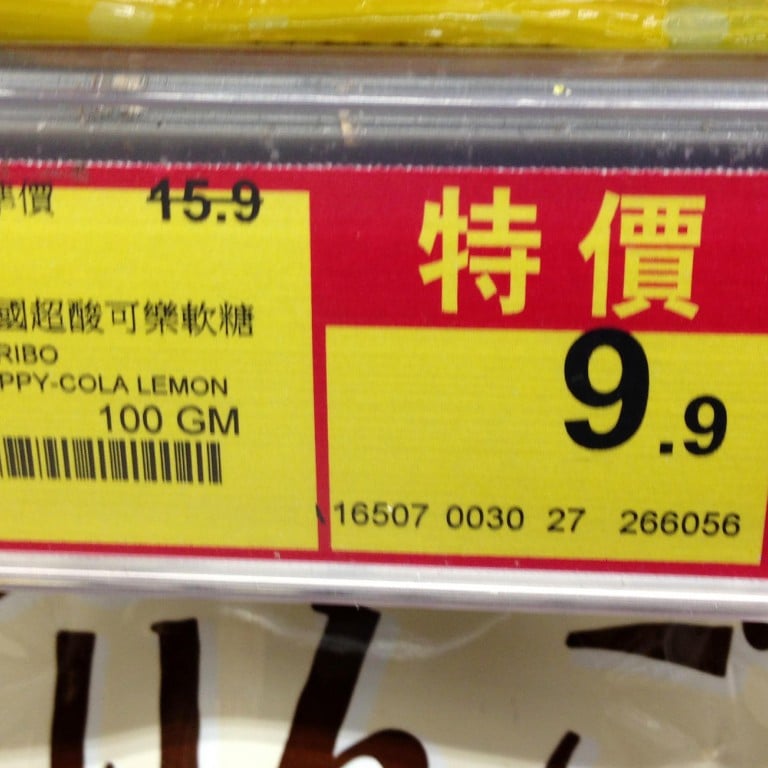
Firms amend misleading ads as new Hong Kong law kicks in
Beauty parlours, tour agencies withdraw misleading ads and restaurants state extra charges clearly in accordance with ordinance
From beauty parlours to restaurants to tour agencies, firms in the services sector are revising their practices as new consumer protection laws kick in today.
The amended Trade Descriptions Ordinance bans all forms of false descriptions of goods and services. Omitting important charges and adopting aggressive sales tactics are also illegal under the new law.
In the past, an advert may have claimed 'de-wrinkling all in one go'. Now, it has to change to something like 'reduce wrinkles by 20 per cent
Maggie Leung Mei-ying, vice-chairman of the Hair and Beauty Merchants Association, said adverts had to be changed in accordance with the ordinance.
"In the past, an advert may have claimed 'de-wrinkling all in one go'. Now, it has to change to something like 'reduce wrinkles by 20 per cent'," she said.
Salespeople in the beauty business had also been reminded not to exaggerate treatment effects, and were advised to make it clear to customers that the levels of effectiveness might vary for different people, she said.
Leung said companies would still use celebrities as spokespeople, but they had to be users of the products if the adverts included claims of how effective they were on the celebrities.
Nelson Ip Sai-hung, founding chairman of the Federation of Beauty Industry, said some beauty chains had pulled their adverts from magazines amid concerns of breaching the new law.
Some would set up surveillance cameras in stores to track staff and client interaction, he said. But smaller parlours had fewer resources and were in fear of flouting the law, he added.
Over in the food and beverages industry, restaurant chain Super Star Group had briefed its managers and waiters about allowing customers to forgo the fees for light bites.
The chain offers small dishes - such as peanuts and fried anchovies - to customers when they are seated, and a fee would now be charged per person.
In the past, the company did not instruct staff on what to do if customers rejected the dishes. "But now, we've clarified the rules," said the chain's corporate communications manager Rebecca Chan Yin-wai.
Another restaurant chain, Tao Heung, had listed fees for its teas on posters at its entrances as well as on its menus. Simon Wong Ka-wo, president of the Federation of Restaurants and Related Trades, said its members had been advised to ensure names of dishes were not misleading.
In the travel industry, tour agencies had stopped guaranteeing departures of group tours no matter the number of people who joined.
Hong Thai Travel now displays tour codes - searchable on its website for specifics - alongside prices on its adverts. EGL Tours also spelt out specifics of hotels and self-pay activities. "We explain what tour members can do if they decide against joining optional activities," owner Steve Huen Kwok-chuen said.
Supermarket chain Wellcome changed the term "original price" on its price tags to "standard price", after guidelines stated the former could be used only if it had been applied to a product for a reasonable period of time.
Those who flout the law can be jailed up to five years and fined up to HK$500,000.
